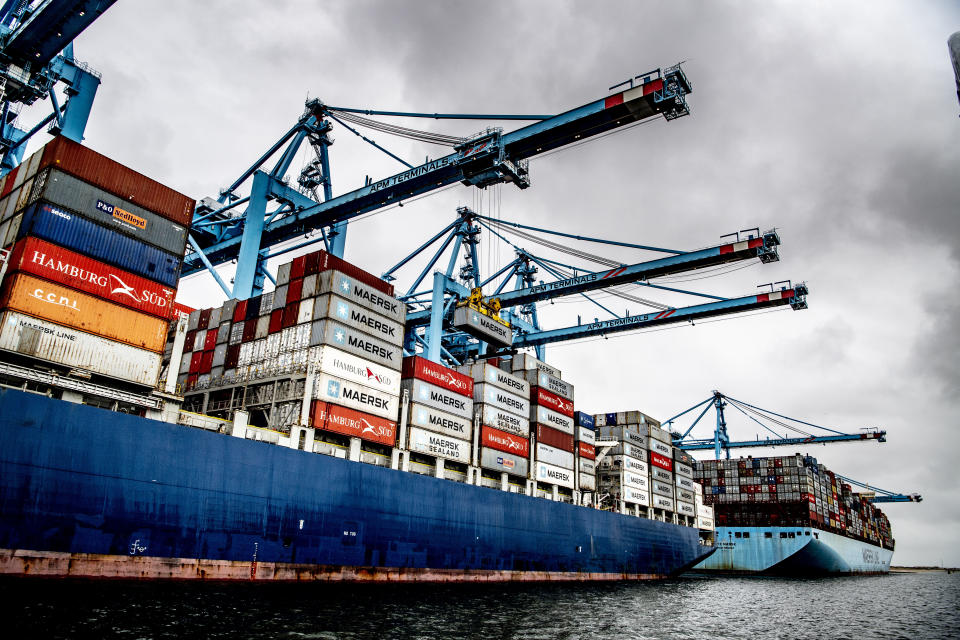Why October is the 'worst time' of the year for a no-deal Brexit

The end of October is the “worst time” for Britain to crash out of the EU without a deal, a leading retail director has warned.
The timing will cause the greatest possible headache for British retailers and their suppliers, according to a senior figure at the British Retail Consortium (BRC).
Andrew Opie, the BRC’s director of food and sustainability, also repeated previous warnings by retailers that disruption could threaten the availability, shelf life and cost of certain foods.
He said Britain would be at “peak imports” for fresh food, with supermarkets and grocers reliant on foreign produce out of the British growing season.
This reliance means UK food supplies are particularly sensitive to any border delays and disruption to supply chains caused by the sudden upheaval to trade rules under a no-deal Brexit.
READ MORE: No-deal Brexit could ‘force supermarkets to ration’ as shelves empty
But Opie said October was also a “peak period” for the wider retail sector in the run-up to Christmas, with firms under huge pressure and building up supplies just as Brexit stockpiling could hot up.
“Warehouse space is at an absolute premium at that time,” said Opie as he gave evidence to MPs on parliament’s Brexit committee on Wednesday.
“Everybody’s gearing up for Christmas; everybody’s logistics are already at full stretch. It’s very difficult to flex any extra space in terms of storage, as that’s taken up already to account for the additional consumer demand there’s always likely to be at Christmas.”
Opie added: “We are pretty close to peak imports at that stage, as obviously we’ve gone out of UK growing season, we’re importing our fresh produce in particular from Europe and that all needs to come through Calais.
“So for us the end of October is probably the worst time to face a no-deal Brexit.”
He also warned of longer-term problems, saying government contingency measures to effectively waive many checks on goods entering the UK to minimise delays may not last. “It cannot operate that system forever.”
Discussions with officials suggested checks on meat and meat products would be ramped up within six months, he said, meaning firms would then face “bureaucracy” both sides of the border.
But he said the company had been working with the government, holding weekly meetings on no-deal planning since October last year.
“We feel our members pretty well equipped to know what the delays are going to be,” he said.
READ MORE: Meet the ordinary Brits stockpiling for a no-deal Brexit

 Yahoo Finance
Yahoo Finance 